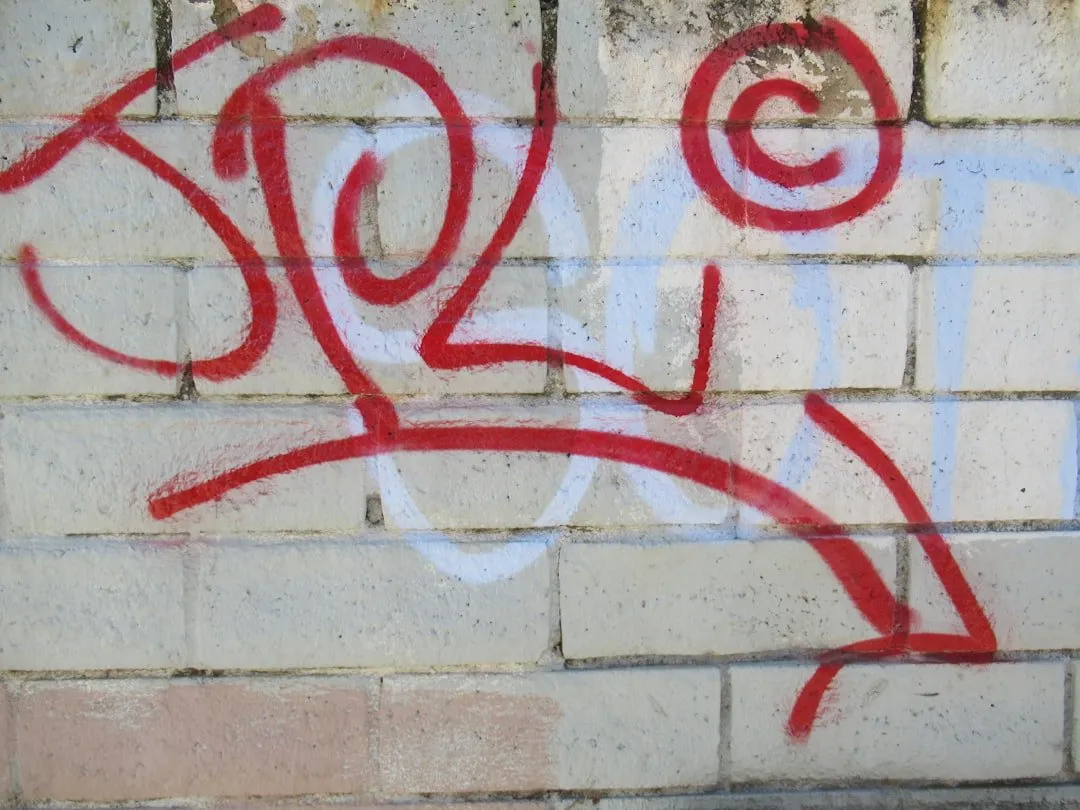Kratom (Mitragyna speciosa), a natural herb with traditional uses in Southeast Asia, has gained attention as an alternative for managing opioid use disorders, especially in Louisiana with strict regulations and high overdose rates. Despite a 2016 ban in the state due to misuse concerns, ongoing research explores its potential therapeutic benefits, suggesting it may reduce cravings and withdrawal symptoms without respiratory depression. However, kratom isn't a cure-all; effective addiction treatments focus on holistic healing through behavioral therapies, cognitive-behavioral therapy (CBT), and contingency management, offering long-term solutions without the risks associated with kratom use.
“Kratom, a natural herb with opioid properties, has gained attention as a potential tool in addiction treatment. This article explores its role in combating substance abuse, especially in light of the recent Kratom ban in Louisiana and its impact on recovery options. We delve into the science behind Kratom, its effectiveness, and alternative solutions for rehabilitation. Understanding these aspects is crucial, particularly with ongoing debates surrounding kratom’s legal status, such as the Louisiana ban.”
- Understanding Kratom and Its Potential Role in Addiction Treatment
- The Kratom Ban in Louisiana: Implications for Addiction Recovery
- Exploring Safe and Effective Alternatives to Kratom for Substance Abuse Rehabilitation
Understanding Kratom and Its Potential Role in Addiction Treatment

Kratom, scientifically known as Mitragyna speciosa, is a tree native to Southeast Asia with a rich history of traditional use. Its leaves contain alkaloids that interact with opioid receptors in the brain, offering potential therapeutic benefits for addiction treatment. Recent years have seen an increase in interest in kratom as a natural alternative for managing substance use disorders, especially in areas where opioids are tightly regulated, such as Louisiana, which has one of the highest rates of opioid-related deaths in the US. However, it’s crucial to approach this topic with caution, as the legal status of kratom varies widely and is currently banned in many states, including Louisiana, due to concerns over its misuse and potential side effects.
Despite the kratom ban in Louisiana, there’s ongoing research into its efficacy for addiction treatment. Some studies suggest that kratom’s unique combination of opioid agonist and antagonist properties may help reduce cravings and withdrawal symptoms without causing the same level of respiratory depression as prescription opioids. Additionally, kratom is often seen as an attractive alternative to traditional medications due to its potential for fewer side effects and lower risk of dependence. However, it’s essential to emphasize that kratom is not a magic solution; its effectiveness varies from person to person, and it should be part of a comprehensive treatment plan involving therapy, support groups, and other evidence-based interventions.
The Kratom Ban in Louisiana: Implications for Addiction Recovery

In 2016, Louisiana joined a growing list of states in imposing a strict kratom ban, prohibiting the possession, sale, and distribution of this natural herb. The decision was met with controversy, especially within the addiction recovery community. Kratom has been widely used as a complementary treatment for opioid withdrawal symptoms due to its unique pharmacological properties that interact with opioid receptors in the brain. Many recovering addicts have turned to kratom as a safer alternative to prescription medications like Suboxone and Methadone.
The kratom ban in Louisiana has had significant implications for addiction recovery efforts. It has left many individuals struggling with opioid use disorders without readily accessible, evidence-based alternatives for managing withdrawal symptoms and cravings. This has potentially complicated the road to recovery for those who rely on kratom as a part of their treatment plan, highlighting the need for alternative strategies and increased accessibility to approved therapies within the state.
Exploring Safe and Effective Alternatives to Kratom for Substance Abuse Rehabilitation

In recent years, there’s been a growing interest in Kratom as an alternative treatment for addiction. However, with the kratom ban Louisiana and other regions implementing restrictions, individuals seeking rehabilitation options are left to explore safer alternatives. It’s crucial to understand that while Kratom may offer temporary relief, it doesn’t address the underlying causes of addiction. Effective substance abuse rehabilitation involves comprehensive care that includes therapy, support groups, and medication-assisted treatment (MAT).
Safe and effective alternatives focus on holistic healing, addressing physical and mental health alongside psychological dependence. Evidence-based treatments like behavioral therapies, cognitive-behavioral therapy (CBT), and contingency management have proven successful in helping individuals overcome addiction. These methods are backed by extensive research and offer long-term solutions without the risks associated with Kratom use, including potential dependency and adverse side effects.
In light of the recent Kratom ban in Louisiana, it’s crucial to explore alternative approaches for addiction treatment. While Kratom has shown potential as a complementary tool, regulatory changes highlight the need for safe and effective solutions. By delving into other natural remedies and evidence-based therapies, we can ensure continued support for those navigating substance abuse recovery, even beyond state-mandated restrictions like the kratom ban Louisiana implemented.














